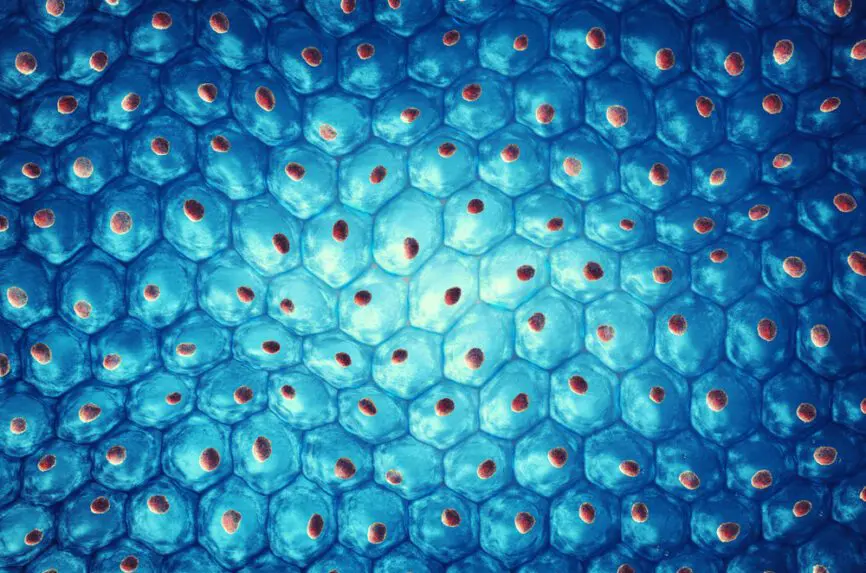Hastings Center News
Lab-Grown Human Eggs? New Reproductive Possibilities Raise Societal Questions
The social implications of emerging reproductive technologies—including possibly creating human eggs in the lab–were explored last week by Hastings Center President Vardit Ravitsky and senior advisor Joel Michael Reynolds in interviews with the Boston Globe and Wall Street Journal.
“The technology keeps pushing the envelope, not just biologically but conceptually,” Ravitsky told the Boston Globe. This research “links technology development with the most profound concepts of humanity,” expanding the concept of how families can be created.
The potential to create human eggs from cells taken from skin or other parts of the body edged closer last spring when scientists achieved this milestone with mice: using stem cells from mouse skin to create eggs, fertilizing them with mouse sperm, and then implanting the embryos into female mice, which produced live pups. Ravitsky added that emerging reproductive technologies could increase equity by enabling more people to create biologically related offspring. Read the Boston Globe article. (Subscription required.)
Reflecting on the more than 40-year history of IVF, Ravitsky told the Wall Street Journal that getting the egg out of the female body was a revolution, severing the connection between eggs and motherhood. “Socially, emotionally, legally, we changed how we think about parenthood and bonds,” she said.
Joel Michael Reynolds expressed concerns. “Historically, reproductive technologies have resulted in there being less disabled people in the world,” said Reynolds, who is an assistant professor of philosophy and disability studies at Georgetown. “Is that what we want? Do we value diversity?” Read the Wall Street Journal article. (Subscription required.)

